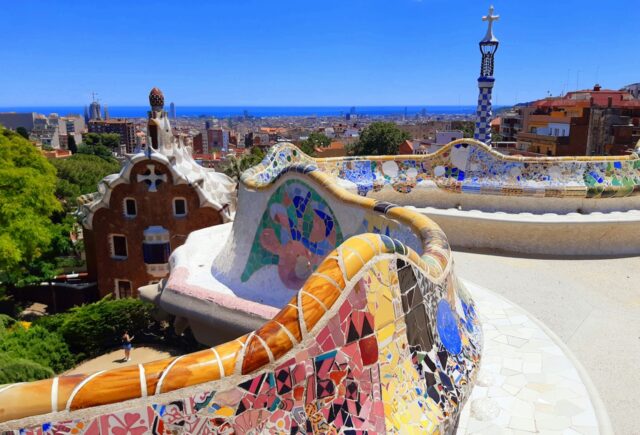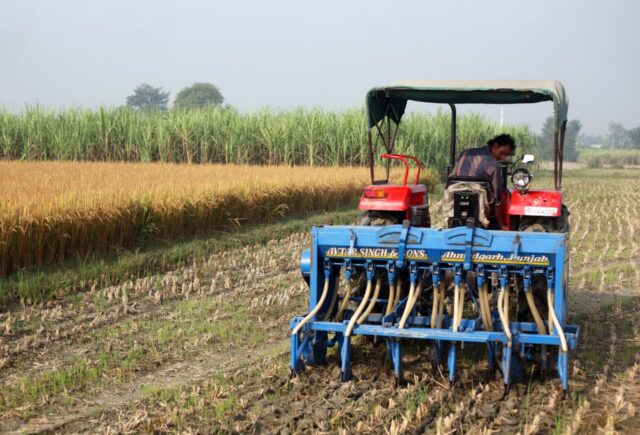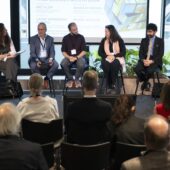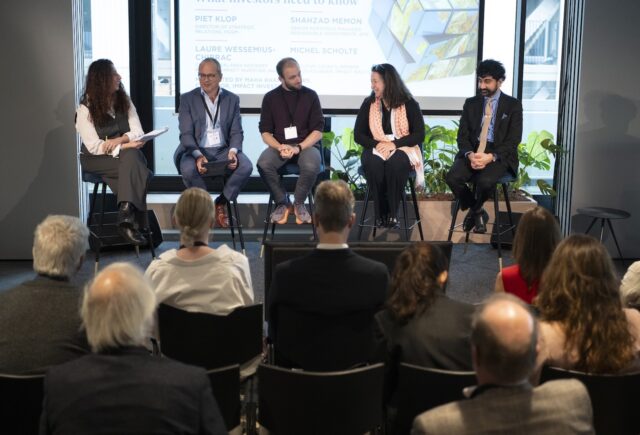Dutch company Gradyent is being backed by a range of investors, including Blue Earth Capital, SEB Greentech and Eneco, to expand its energy saving software.
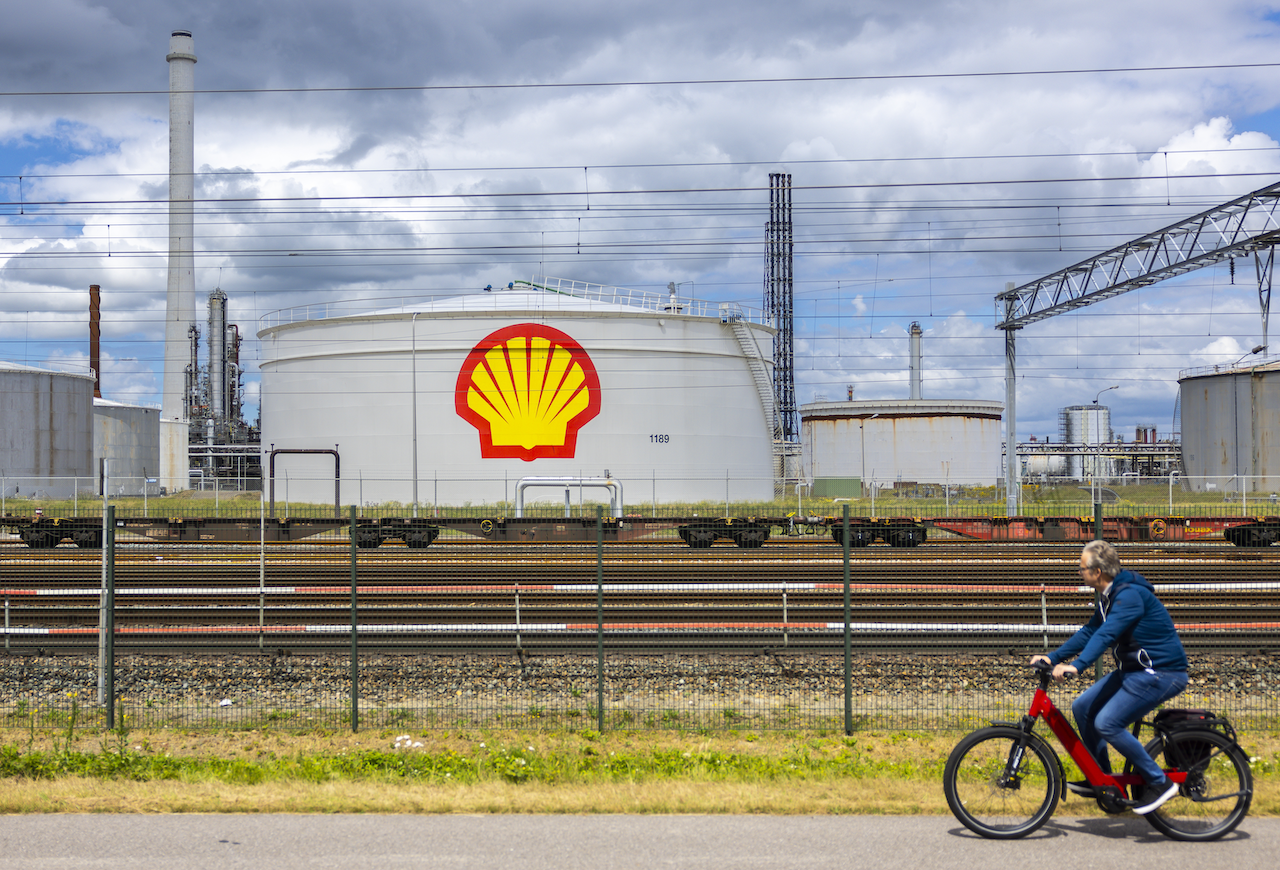
Dutch company Gradyent has raised €28m in a new investment round. The developer of energy-saving software for district heating companies and industry is looking to expand outside Europe in the coming years.
The money comes from six investment companies, including Blue Earth Capital and SEB Greentech. Dutch energy company Eneco is also putting in money, Gradyent said on Wednesday.
District heating
Gradyent, founded in 2019, produces software that makes energy networks work more efficiently, reducing costs and carbon emissions. One example is district heating networks, where hot water flows through pipes to houses to heat them. That energy source is seen as a replacement for natural gas, a fossil fuel.
The heat in such networks is generated in different places and ways, for example from industrial residual heat, geothermal heat or an electric boiler. If these installations run separately from each other, there is a risk that unnecessarily large amounts of expensive and fossil heat are fed into the grid.
Gradyent matches the different forms of energy generation. “When electricity prices are low, for instance when there is full sunshine, the cheapest and most sustainable way to generate heat is with an electric boiler,” says CEO and co-founder of Gradyent Hervé Huisman.
Also, more heat is needed in the morning and evening, when people consume more energy, than during the day. By adjusting the supply of heat to customers’ consumption, energy companies can save up to 20% in costs, says Gradyent.
Shell trial
In addition to software for district heating networks, the company is developing similar software for pipe networks that supply energy in the form of hot steam. These are common in industries. A trial to save steam with the software is currently under way at Shell’s refineries in Rotterdam. This would reduce the oil and gas company’s energy costs, as well as emissions.
Gradyent raised €10m in 2022. The company does not yet make a profit, but hopes to do so for the first time in the next three years, says Huisman. With the new €28m round, it plans to hire more people and expand into Canada, the US and China. Gradyent already operates in nine European countries including Poland, the Netherlands and Finland.
According to Huisman, it makes sense to seek new customers globally and raise the firm’s profile outside of Europe. “Otherwise, you run the risk of other players taking those orders. Then you can no longer enter a market easily,” he says.
This article originally appeared in Dutch business newspaper FD on 2 April, 2025.

